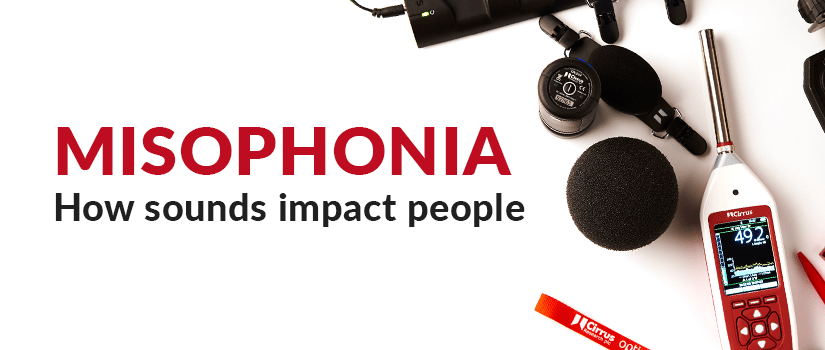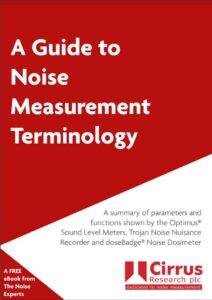Misophonia: How sounds impact people
Have you ever experienced “sound rage”? You’re sitting watching a film on a Sunday afternoon, but the sound of your partner breathing is triggering your fight or flight response. You’re enjoying some tasty food in a restaurant, but the sound of the person on the table next to you chewing is really dampening the evening. If you’ve ever experienced feelings like this in similar situations, then you could suffer from Misophonia.
What is Misophonia?
Misophonia is a condition characterised by an intense dislike or even hatred of specific sounds. People with misophonia often describe the sounds that trigger their symptoms as “annoying,” “irritating,” or “disgusting.” Common triggers include the sounds of chewing, sniffing, tapping, or throat clearing. For many people with misophonia, these sounds can cause intense emotional reactions, including anger, frustration, and even rage.
Is there a known cause of Misophonia?
The exact cause of misophonia is not yet fully understood, but it is believed to involve a combination of genetic and environmental factors. Some research has suggested that misophonia may be related to changes in the way the brain processes and interprets sounds and that this may be related to overactivity in certain areas of the brain involved in processing sensory information.
Despite its relatively common occurrence, misophonia is not widely recognized by the medical community, and many people with this condition may not even be aware that they have it. This can lead to misdiagnosis, as people with misophonia may be mistakenly diagnosed with anxiety, depression, or obsessive-compulsive disorder.
Symptoms of misophonia can vary widely from person to person, but common symptoms include:
- An intense dislike or hatred of specific sounds
- An emotional response to triggers that is disproportionate to the actual severity of the sound
- A desire to escape or remove oneself from the source of the sound
- A sense of being physically disturbed by the sound
In some cases, misophonia can be so severe that it interferes with daily life, causing problems at work, school, or in personal relationships. People with misophonia may go to great lengths to avoid their triggers, such as wearing earplugs in public or choosing to eat alone.
Is there a cure for Misophonia?
Unfortunately, there is currently no cure for misophonia. However, there are some strategies that can help manage symptoms and improve the quality of life for people with misophonia. These strategies include:
- Avoidance: Avoiding triggers as much as possible can help reduce symptoms. This may involve using earplugs or other sound-blocking devices, choosing to eat at different times than others, or avoiding situations where triggers are likely to occur.
- Cognitive-behavioural therapy: This type of therapy can help people with misophonia learn to manage their emotional reactions to triggers. Techniques may include relaxation exercises, exposure therapy, and teaching coping skills.
- Medication: In some cases, medication may be prescribed to help manage symptoms of misophonia. For example, an antidepressant or antianxiety medication may be helpful in reducing emotional reactions to triggers.
- Support groups: Joining a support group can be a great way to connect with others who are struggling with similar issues and to gain support and advice from people who understand what you’re going through.
While misophonia can be a challenging condition to live with, it is important to remember that there is help available. With the right support and management strategies, people with misophonia can find ways to manage their symptoms and improve their quality of life.
If you think you may have misophonia, it is important to seek help from a medical professional who is knowledgeable about this condition. With the right support and management strategies, it is possible to improve symptoms and live a fulfilling life despite the presence of this condition.
Jaymee-lee Tolliday
Latest posts by Jaymee-lee Tolliday (see all)
- Turning Down the Volume: How the Trojan Noise Nuisance Recorder can help create a quieter world - 13th February 2024
- Festive Opening Hours 2023 - 6th December 2023
- Award of Excellence for Cloud-Based Monitoring Solutions 2023! - 20th November 2023


